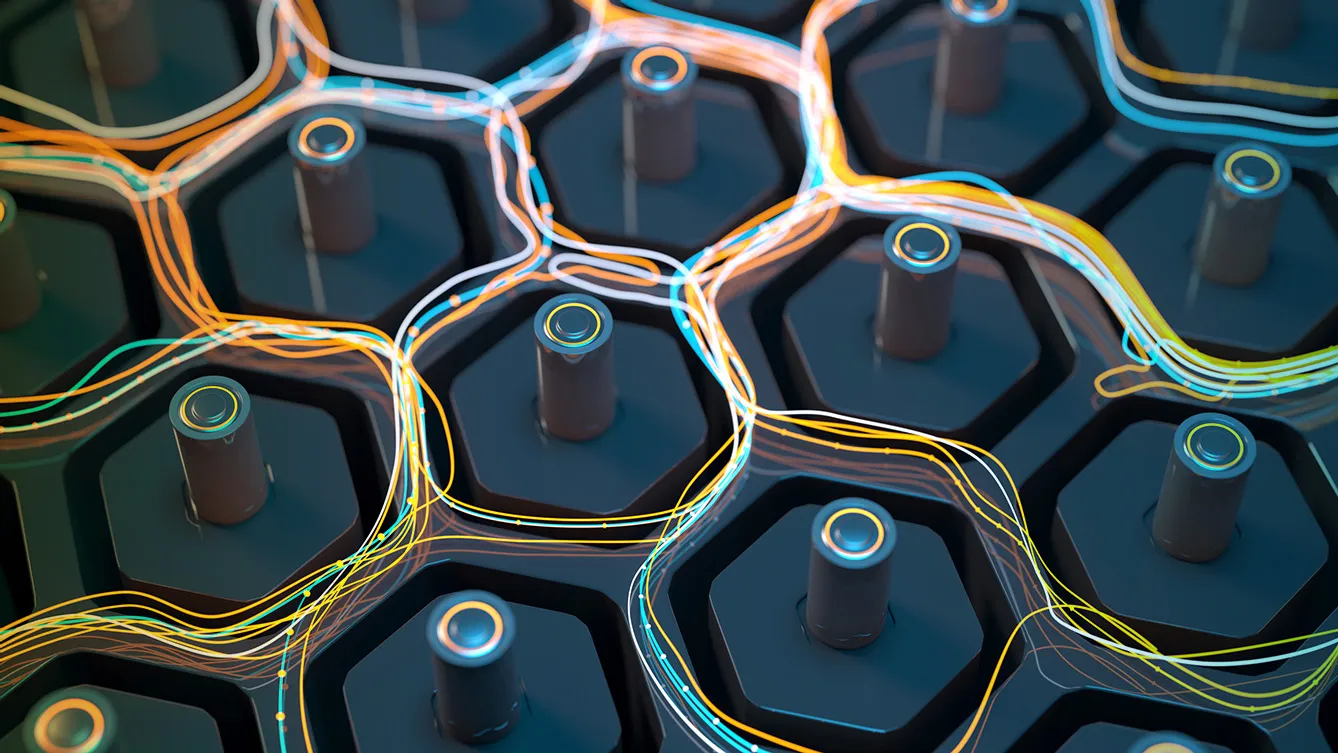As the world accelerates towards an energy transformation, there is a fundamental shift in our dependence on fossil fuels towards sustainable, renewable energy sources. Two key obstacles stand in the way of full electromobility and a sustainable energy future: limited availability of rare earth metals necessary for battery production and imperfect energy storage technology. Both of these problems can slow down or even hinder the transformation process.
Let’s be honest: until we solve the technological barriers related to efficient energy storage and effective energy management, until we have cheap, more efficient, easy to produce, and not requiring rare metals (whose industrial-scale extraction itself is inefficient, environmentally damaging, and involves unethical practices) energy storage systems, also known as batteries or accumulators, we can forget about a true e-revolution. Apparently, it was assumed, perhaps based on the fact that technological development is progressing exponentially, that the necessary technologies will emerge along the way. And indeed, something has moved in this regard in Kraków.
Green chemistry in starch-based batteries
In June 2023, the first news broke that scientists from the Materials and Nanomaterials Technology Team at the Faculty of Chemistry of Jagiellonian University, under the leadership of Prof. Marcin Molenda, have developed and built the world’s first prototype of a prism fuel cell using pioneering materials technology. To be precise, the scientists developed a CAG anode based on a so-called carbogel obtained from starch, which eliminated the need for cobalt and graphite. Such a battery does not lose its lifespan – tests involved 1500 charging cycles – and, equally importantly, it leaves practically no carbon footprint.
It quickly turned out that the achievements of Prof. Molenda’s team in developing potentially revolutionary and crucial material technologies for electro-transformation go beyond this.
LKMNO – Eco-cathode
The next technology developed at the Jagiellonian University enables the production of cathodes for lithium-ion batteries without the need for cobalt. The LKMNO cathode production process is also very eco-friendly and does not result in the creation of any solid or liquid waste.
No more battery self-ignition.
Through the internet, among opponents of electromobility, there are terrifying stories about difficult-to-extinguish self-ignitions of electric cars. In reality, there aren’t that many electric car fires, but they are quite spectacular. However, it is a fact that lithium-ion batteries, if they have manufacturing defects, pose a risk of self-ignition. For internet users scared by the vision of fires on the roads, the news that a team of scientists from the Jagiellonian University has developed a method of coating active materials in electric cells with a nano-carbon coating that reduces the risk practically to zero will surely be reassuring.
The missing puzzle piece
To say that the technologies developed by the Materials and Nanomaterials Technology Team at the Faculty of Chemistry of Jagiellonian University are revolutionary is an understatement. There are indications that they may be a crucial element of the entire electro-puzzle, without which achieving the energy transformation goals will not just be difficult but possibly even impossible. The achievements of Prof. Molenda’s team can significantly accelerate global energy transformation, and time will tell whether these innovations will be a milestone on the path to a sustainable future where energy is clean, efficient, and universally accessible.







